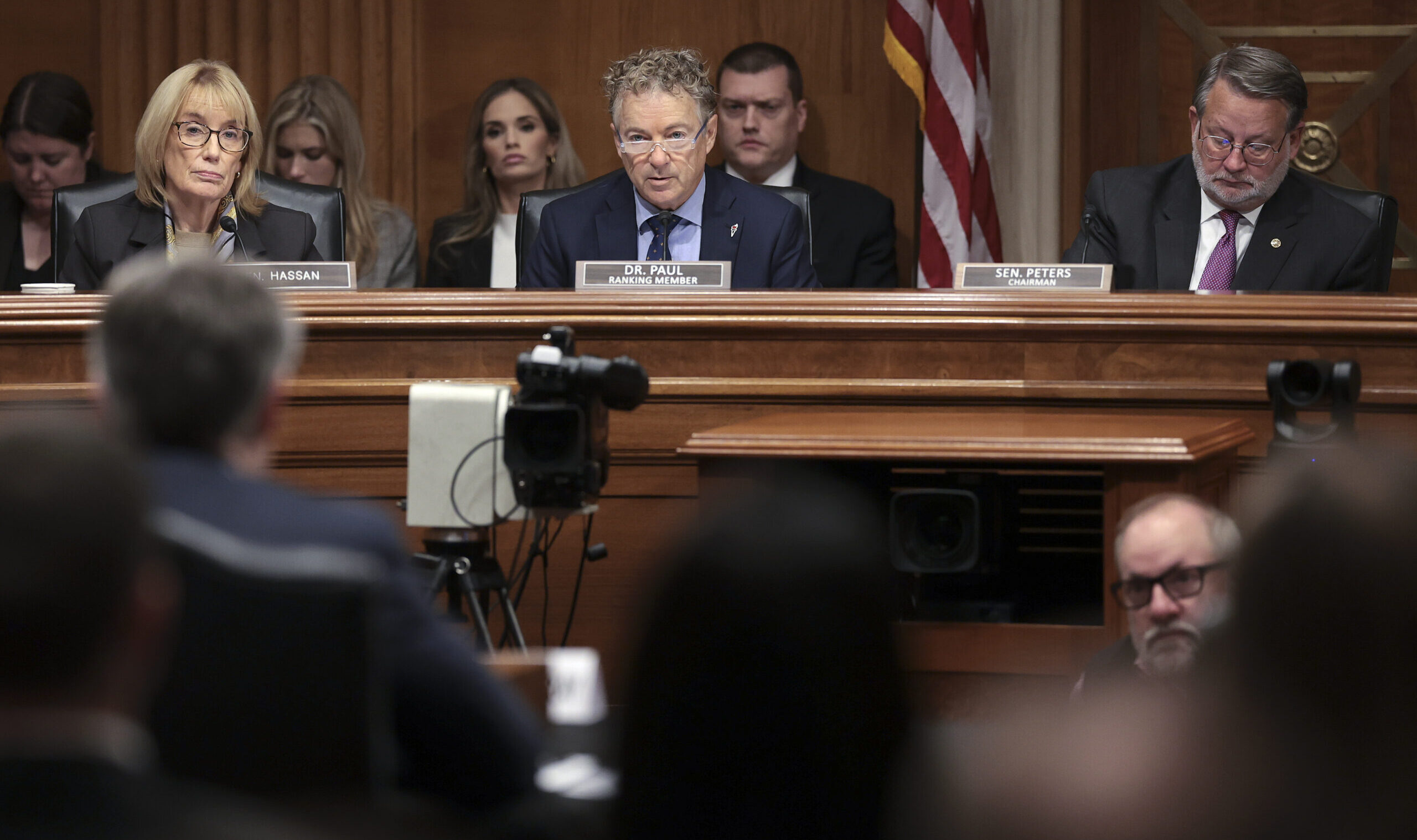Syria and Iran
Elliot Hentov’s analysis of Iran and the Syrian uprisings had an opening paragraph that was fine as far as it went, and then I realized that it could be reproduced almost exactly by substituting the U.S. and Egyptian protests for Iran and Syrian protests. It would read something like this:
America moved quickly to frame the uprisings aross the Arab world as a democratic awakening and as a reflection of its own revolutionary ideals. But Washington is visibly shaken by the possibility of regime overthrow in Egypt. Despite Iranian efforts to highlight American support for the Egyptian regime’s efforts to retain power, in fact Washington has little control over the future of political order in Egypt. The turbulence in Egypt and America’s limited influence had significance beyond the immediate question of the survival of Hosni Mubarak. It shows powerfully how much America’s influence is a function of external developments rather than internal strength–and how that influence might be severely affected by changes in the regional environment beyond its control.
This is true for both the U.S. and Iran up to a point, but it is also misleading for both. Iran has been trying to align itself rhetorically and publicly with popular uprisings, especially when those uprisings target regimes Tehran opposes, and the U.S. has been doing likewise when the administration has decided it can afford to do so. Iran would hardly be the first revolutionary regime to exploit political instability elsewhere and use the rhetoric of popular revolution to stir up trouble for adversaries while suppressing its own dissidents.
Obviously, Iran has limited influence over the internal politics of other states, and like any government interested in wielding regional influence it is going to be opposed to the changes that it fears might undermine that influence. It’s true that Iranian influence has been growing over the last decade as much because of the weakness of its regional opponents as it has because of any advantages it possesses. It also seems to be the case that continued regional instability will tend to work in its favor because that instability is largely affecting states that are hostile to it. Hen-Tov makes the important point that the Iranian regime leadership seems genuinely convinced that these events are vindication for their ideology and foreign policy. That may be delusional nonsense, but it is worth noting that they may believe their own propaganda.
Syria’s regime is the one Tehran-aligned government that is facing the most significant challenge from popular uprisings, which is one reason why it has become the new focus of Western attention. Everyone constantly emphasizes the importance of the Assad regime for the Syrian-Iranian alliance, but I have not yet seen much evidence that the Syrian opposition objects to the alliance or that a post-Assad Syria would abandon it. The connection is “unnatural” in some respects, but one might say the same of many strange alliances in history that have come into existence because of perceived or real strategic needs (e.g., tsarist Russia and republican France; Catholic France and the Ottoman Empire; France and Sweden in the Thirty Years’ War, etc.).
It is true that Iran has not been a driver of events, but a beneficiary of them, and it is also true that the connection between Syria and Iran is defined by their common adversaries more than anything else that the two states may have in common. To argue that a post-Assad Syria would be less closely aligned with Iran is to assume that a post-Assad government would want to have a more neutral or even pro-Western alignment instead. It isn’t entirely clear why any Syrian government would want to move away from Iran at a time when Turkey and Egypt are cultivating closer ties to varying degrees.
Of course, all of this is moot if the Assad regime remains in place. The regime may or may not survive, but I suspect that the Syrian-Iranian alliance will outlast the regime. Supporters of regime change in Syria are likely to be unpleasantly surprised by what follows the fall of Assad.
